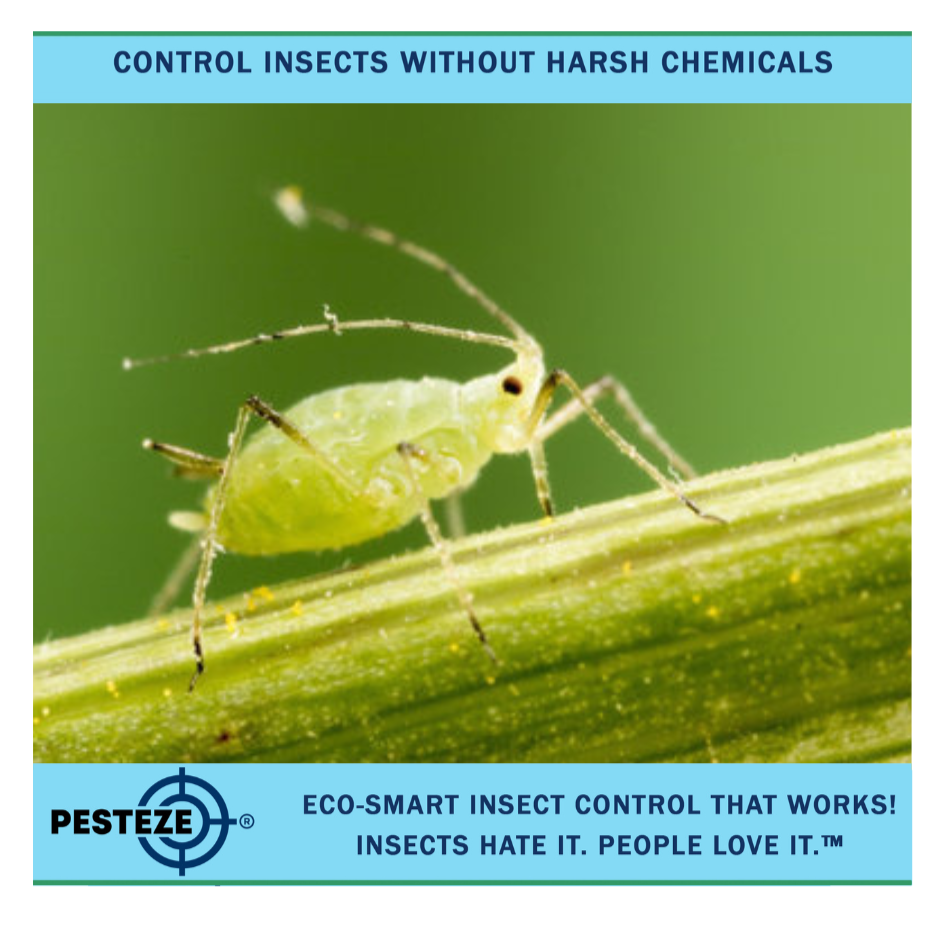PROTECT YOUR VEGGIES: NATURAL WAYS TO KEEP APHIDS AWAY

PROTECT YOUR VEGGIES: NATURAL WAYS TO KEEP APHIDS AWAY
SUMMARY
Aphids are a common pest that can wreak havoc on vegetable plants by feeding on their sap and spreading diseases. However, there are many natural and humane methods you can use to keep aphids at bay. From using neem oil and insecticidal soap to introducing natural predators and planting aphid-repellent plants, there are plenty of ways to protect your vegetable garden. This guide will explore effective, eco-friendly solutions to deter aphids and ensure your vegetables stay healthy and pest-free.
FEATURES
- Neem Oil: A natural pesticide that disrupts aphid feeding and reproduction.
- Insecticidal Soap: A safe, non-toxic solution for controlling aphids.
- Beneficial Insects: Introducing natural predators like ladybugs and lacewings.
- DIY Garlic Spray: A homemade repellent made from garlic and water.
- Companion Growing: Growing aphid-repellent herbs and flowers near vegetables.
DESCRIPTION
Aphids are one of the most troublesome pests for vegetable gardeners. These tiny insects feed on plant sap, weakening the plant and making it more susceptible to diseases. Aphids can multiply quickly, so it’s essential to act fast when you notice them. Fortunately, there are several natural and effective ways to deter aphids from your vegetable plants without using harmful chemicals.
One of the best solutions is neem oil, a plant-based pesticide that disrupts aphid feeding and reproduction. Neem oil is safe for most vegetables and doesn’t harm beneficial insects when applied correctly. To use neem oil, dilute it with water according to the instructions and spray it on the affected areas of your plants. It’s most effective when applied early in the morning or late in the evening to avoid harming pollinators.
Another great option is insecticidal soap, which is a non-toxic solution that works by breaking down the protective outer layer of aphids, causing them to dehydrate and die. This solution is safe for your vegetables and won’t harm pets or humans. Simply spray the soap directly onto the aphids, ensuring that the leaves and stems are well-covered. Reapply after rain or watering to maintain effectiveness.
Beneficial insects are another natural way to control aphid populations. Ladybugs, lacewing larvae, and parasitic wasps are natural predators of aphids. By attracting these beneficial insects to your garden, you can reduce the aphid population without the need for chemicals. You can attract ladybugs and other helpful insects by planting nectar-rich flowers or by purchasing them from garden stores.
For a DIY approach, a garlic spray is a simple and effective repellent. Garlic has a strong odor that aphids find unpleasant, and it can be used to keep them away from your vegetables. To make a garlic spray, blend a few garlic cloves with water, strain the mixture, and spray it on your plants. This method is safe for both your plants and the environment.
Companion planting is another great strategy for keeping aphids away from your vegetables. Certain plants, like garlic, chives, marigolds, and nasturtiums, naturally repel aphids. By planting these near your vegetable crops, you can create a natural barrier that deters aphids from infesting your plants.
By using these natural methods, you can keep aphids from damaging your vegetable plants and enjoy a healthy, thriving garden. Whether you choose neem oil, insecticidal soap, beneficial insects, or DIY sprays, these eco-friendly solutions will help protect your vegetables without the use of harsh chemicals.
- Maanas Mehta


Comments 0